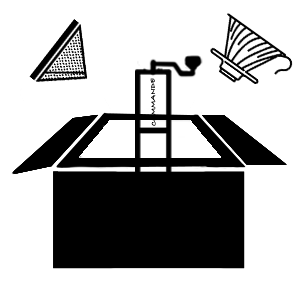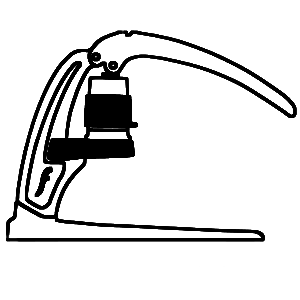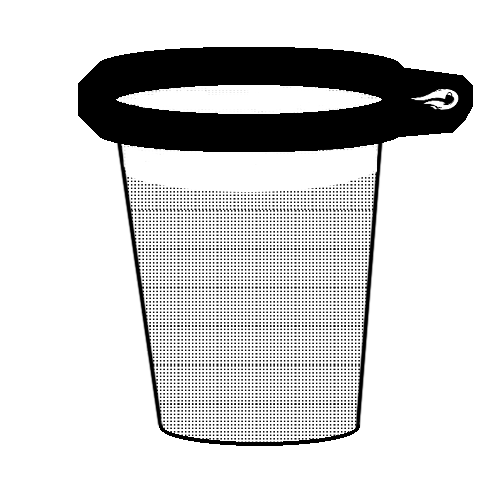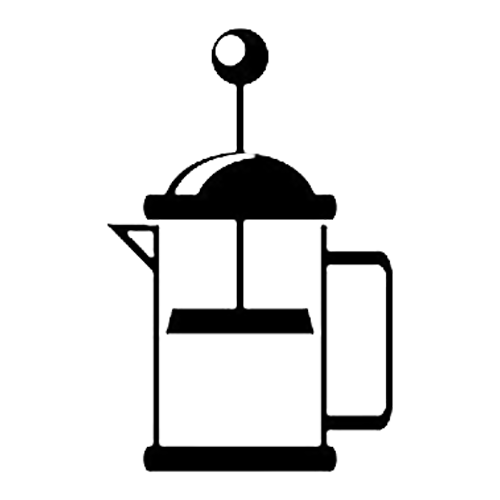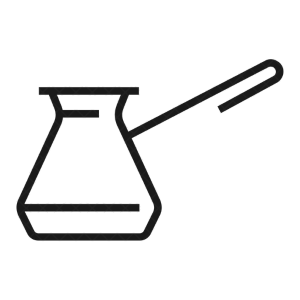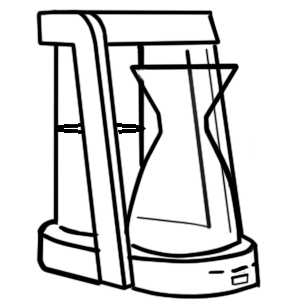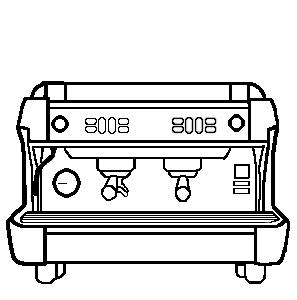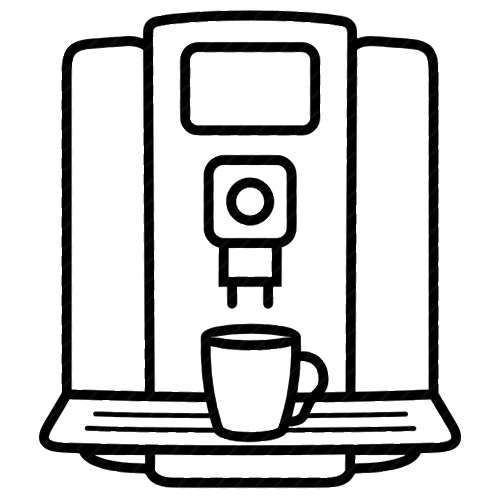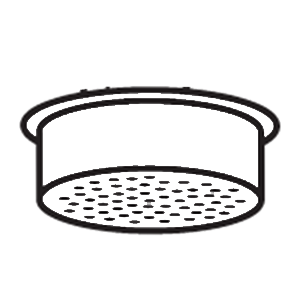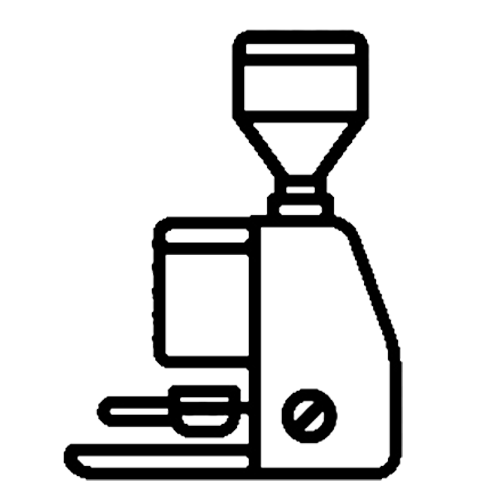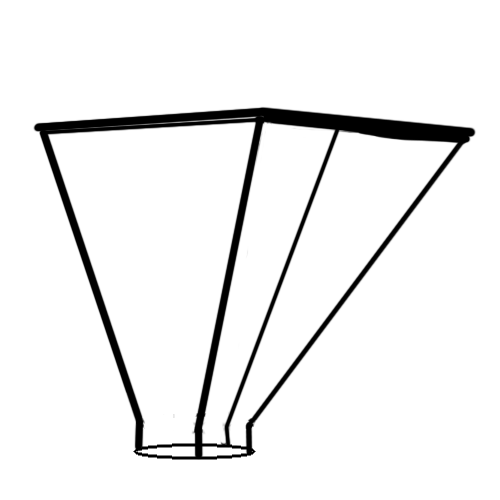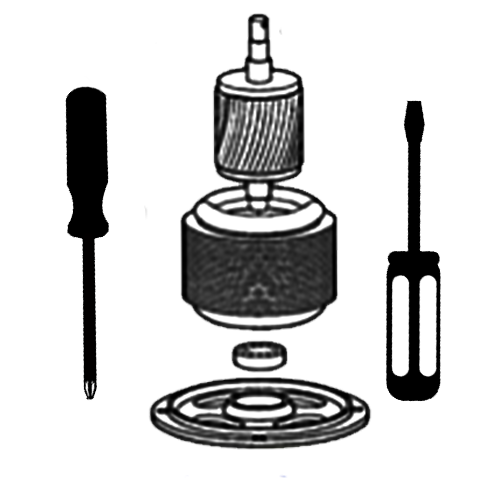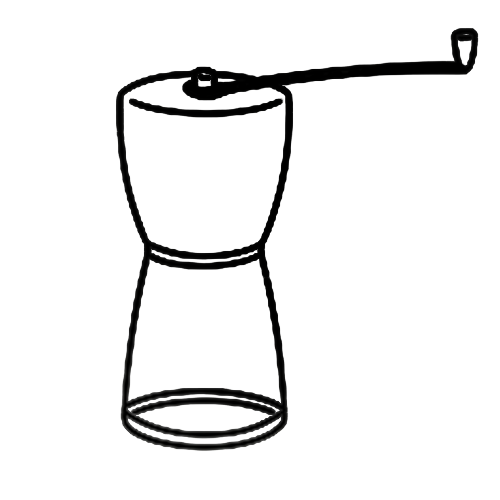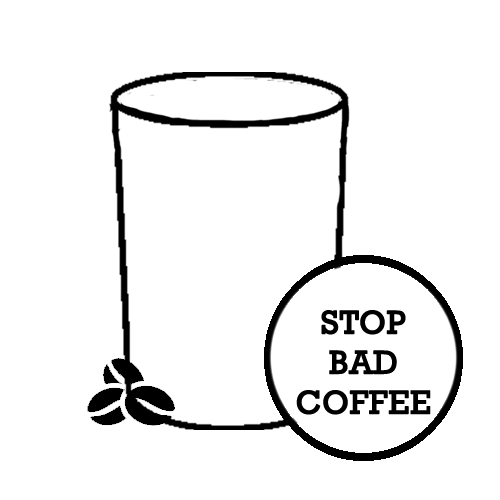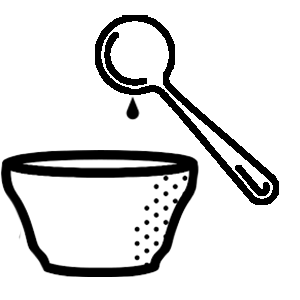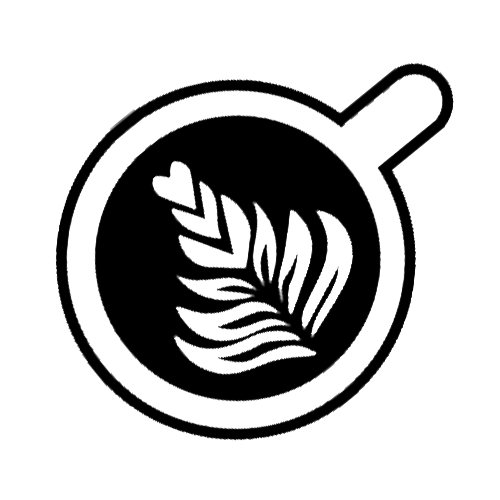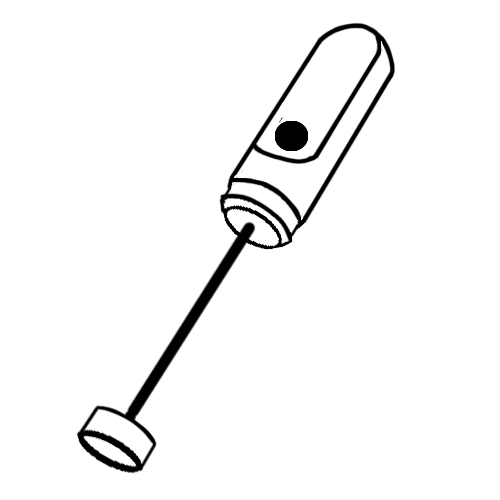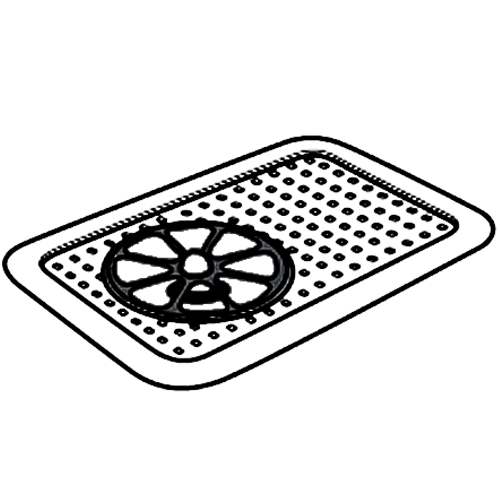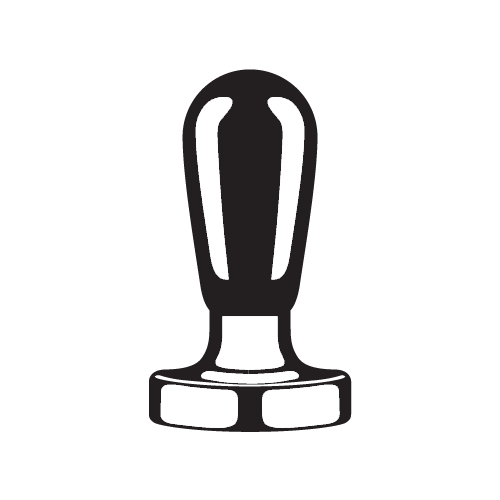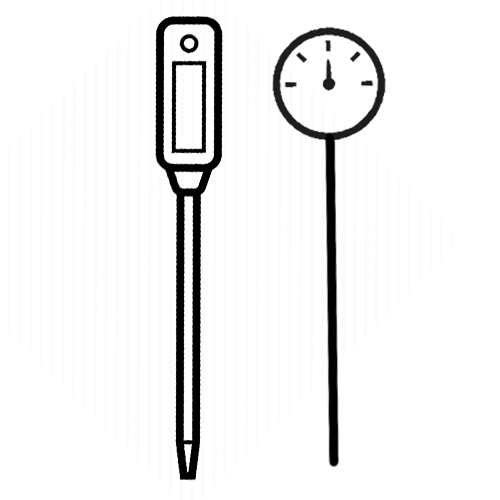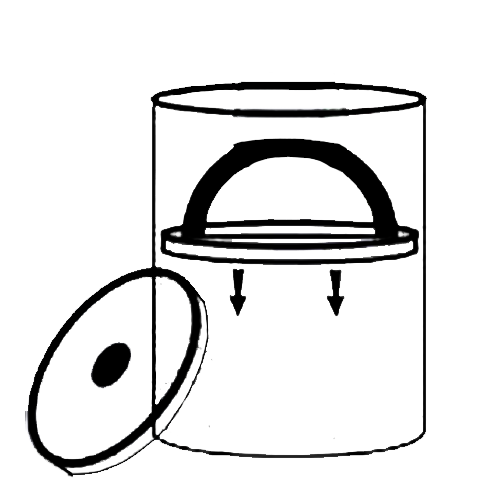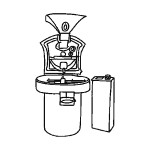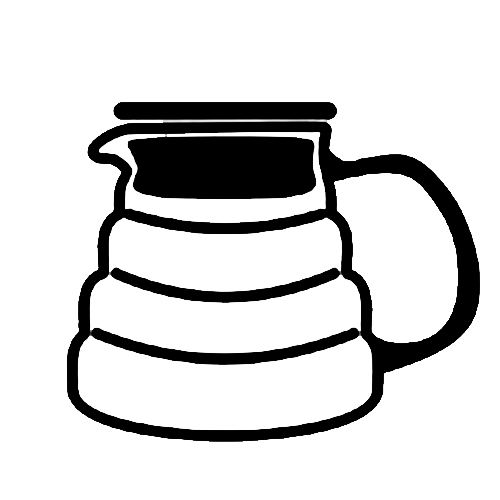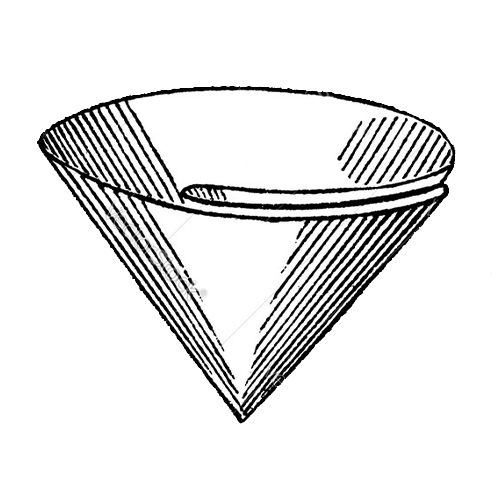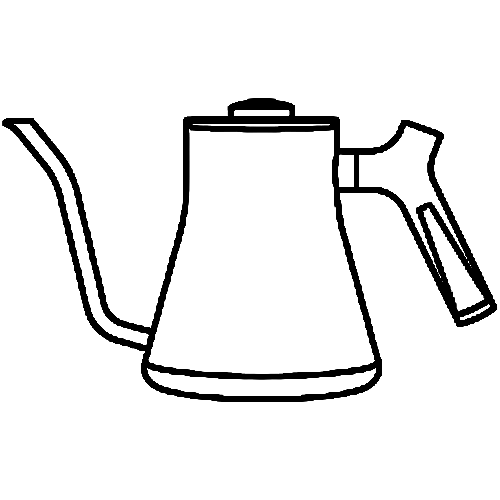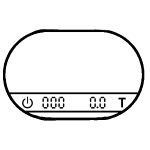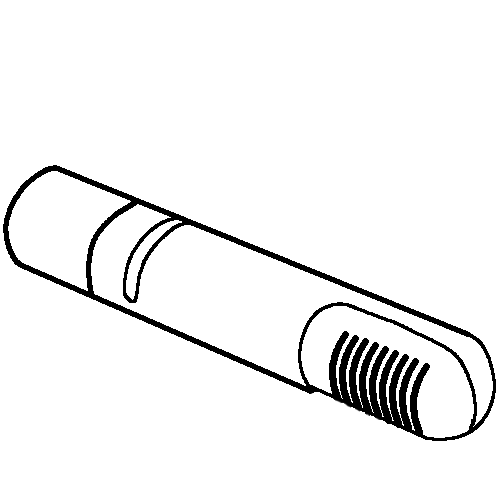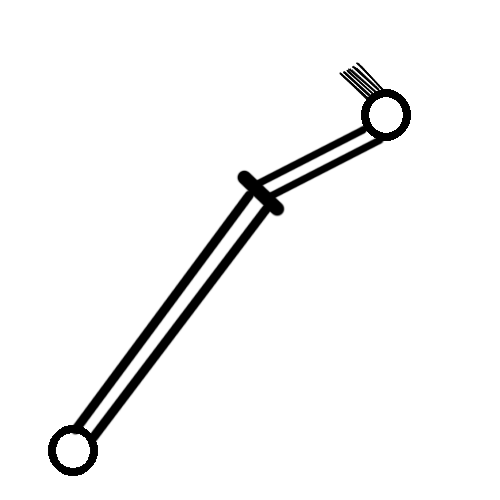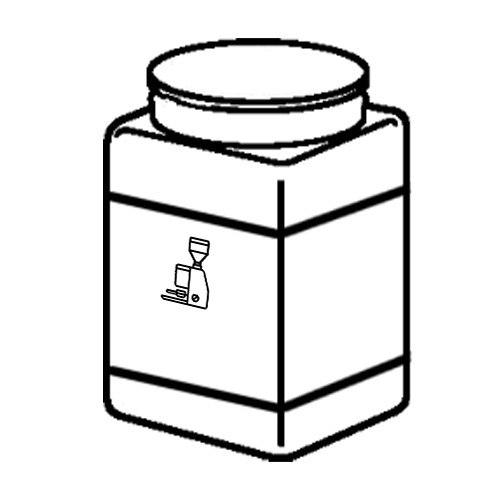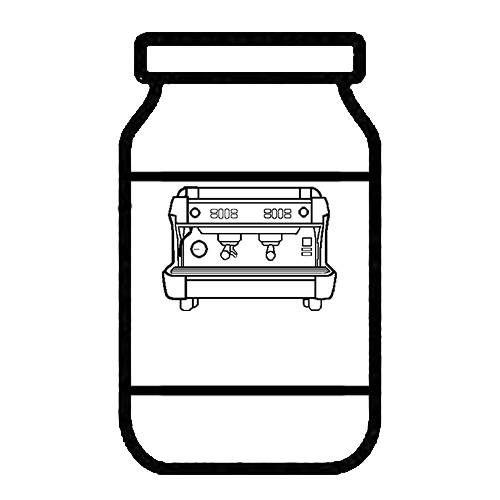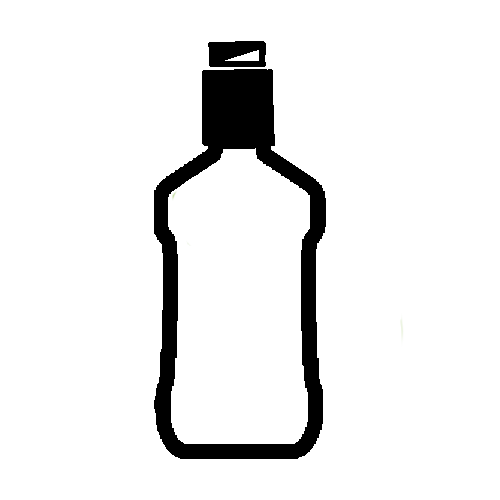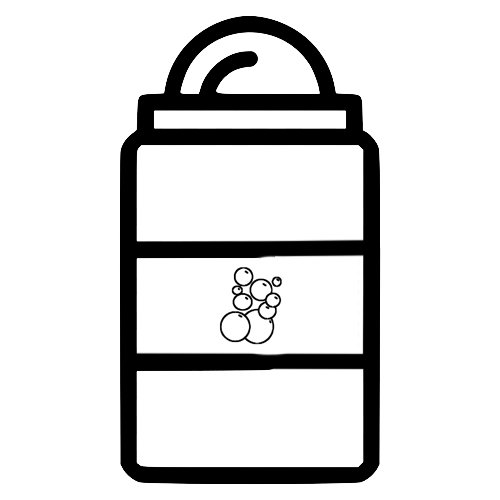Coffee filters: The unsung heroes of a perfect cup of coffee
We all love the aroma of freshly brewed coffee wafting through the kitchen. But what many people don't realize is that the humble coffee filter plays a vital role in achieving the perfect cup.
Filters do much more than just eliminate impurities. They are also capable of enhancing the flavor and aroma of your brew. Coffee filters trap natural oils that can give the coffee a bitter or sour taste, resulting in a cleaner, smoother drinking experience.
Choosing the right coffee filter can be a bit daunting, with so many different types and brands available. But don't worry, we're here to help. In this guide, we'll walk you through everything you need to know to choose the best coffee filter for your taste and brewing needs.
Which type of coffee filter is best for you?
The best type of coffee filter for you depends on your personal preferences. If you are looking for a convenient and affordable option, paper filters are a good choice. If you are looking for a more durable and environmentally friendly option, metal filters are a good choice.
Paper coffee filters: The convenient and popular choice for home brewers

Paper coffee filters are the most popular choice for home brewers because they are convenient, affordable, and effective at removing sediments and coffee oils.
Types of paper coffee filters:
There are two main types of paper coffee filters: bleached and unbleached.
- Bleached paper filters: Bleached paper filters are white and have a neutral taste. They are made from bleached, processed paper and chemically treated to create a uniform texture and porosity. This process makes them highly effective at trapping sediments and coffee oils, resulting in a clean and bright cup of coffee.

- Unbleached paper filters: Unbleached paper filters are brown and have a slightly earthy taste. They are made from unbleached, natural paper without chemical processing. Coffee brewed with an unbleached paper filter is thought to have a more robust flavor profile as more natural oils and flavors pass through the filter.
Benefits of using paper coffee filters:
There are several benefits to using paper coffee filters, including:
- Convenience: Paper filters are easy to use and disposable. You simply add coffee grounds to the filter, place it in your brewing device, and add hot water. Once the coffee is brewed, you can simply remove and discard the filter.
- Cleanliness: Paper filters remove sediments and coffee oils from the coffee, resulting in a clean and clear cup. This can be beneficial for people who are sensitive to caffeine or who prefer a less bitter cup of coffee.
- Flavor: Paper filters can enhance the flavor profile of your coffee by removing sediments. They can also help to reduce bitterness and sourness in the coffee.
- Versatility: Paper filters can be used with a variety of brewing devices, including pour-over brewers, drip brewers, and French press brewers.
Choosing the right paper coffee filter:
When choosing a paper coffee filter, there are a few things to consider:
- Size: Make sure to choose a filter that is compatible with your brewing device.
- Type: Choose bleached or unbleached filters depending on your taste preferences.
- Thickness: Thicker filters trap more oils, resulting in a smoother cup of coffee. Thinner filters allow more oils to pass through, resulting in a more flavorful cup of coffee.
How the tightness and thickness of the filter weave affect brewing:
The tightness and thickness of the filter weave can affect the brewing process in a few ways. A tighter weave will trap more oils and sediments, resulting in a cleaner and brighter cup of coffee. A looser weave will allow more oils and sediments to pass through, resulting in a more flavorful cup of coffee. The thickness of the filter can also affect the brewing time. A thicker filter will slow down the brewing process, resulting in a more concentrated cup of coffee. A thinner filter will speed up the brewing process, resulting in a less concentrated cup of coffee.
Overall, paper coffee filters are a convenient, affordable, and effective way to brew coffee. They are a good choice for home brewers who want to produce a clean and flavorful cup of coffee.
METAL COFFEE FILTER

Metal coffee filters are a durable, reusable, and more sustainable alternative to paper filters. They come in different shapes, but the most common type is cone-shaped, designed to fit into drip and pour-over coffee makers.
Metal coffee filters are typically made of stainless steel or gold-tone mesh, and they trap coffee grounds while allowing the liquid coffee to pass through.
Benefits of metal coffee filters:
- Reusable: Metal coffee filters can be reused many times, making them more cost-effective in the long run than disposable paper filters.
- Sustainable: Metal coffee filters produce less paper waste, making them a more sustainable option.
- Richer flavor: Some people prefer metal coffee filters because they allow more of the natural oils from the coffee beans to pass through, which some claim results in a richer taste.
Drawbacks of metal coffee filters:
- Difficult to clean: Metal coffee filters can be difficult to clean, especially if you don't clean them immediately after use.
- Sediment in the coffee: Metal coffee filters may leave some sediment in the brewed coffee, especially if the filter is not cleaned properly.
- Metallic taste: Some people find that metal coffee filters impart a metallic taste to the coffee.
If you are looking for a durable, reusable, and more sustainable coffee filter, metal coffee filters are a good option to consider. However, keep in mind that they can be difficult to clean and may leave some sediment in the coffee.
Here are some tips for cleaning metal coffee filters:
- Rinse the filter immediately after use to remove any coffee grounds.
- Soak the filter in hot, soapy water for a few minutes to loosen any remaining coffee grounds or oils.
- Use a soft brush to scrub the filter clean.
- Rinse the filter thoroughly with hot water.
- Dry the filter completely before storing it.
If you find that your metal coffee filter is leaving a metallic taste in your coffee, you can try cleaning it with a vinegar solution. Mix one part vinegar with two parts water and soak the filter in the solution for 30 minutes. Then, scrub the filter clean and rinse it thoroughly with hot water.
Cloth Coffee Filters

Cloth coffee filters are reusable filters made of cloth and typically used to filter coffee grounds in pour-over, drip coffee makers, and French presses. They are also known as coffee socks.
Cloth coffee filters are becoming more popular because they can produce a full-bodied cup of coffee with minimal sediment and oils passing through. They are also reusable and sustainable, like metal filters.
Benefits of cloth coffee filters:
- Full-bodied flavor: Cloth coffee filters trap even the finest grounds, resulting in a richer taste without bitterness.
- Reusable: Cloth coffee filters can be reused many times, making them more cost-effective in the long run than disposable paper filters.
- Sustainable: Cloth coffee filters produce less waste than disposable paper filters.
Drawbacks of cloth coffee filters:
- Difficult to clean: Cloth coffee filters can be difficult to clean, especially if you don't clean them immediately after use.
- Mold and bacteria growth: Cloth coffee filters must be washed and dried thoroughly to prevent mold and bacteria growth.
If you are looking for a reusable and sustainable coffee filter that can produce a full-bodied cup of coffee, cloth coffee filters are a good option to consider. However, keep in mind that they can be difficult to clean and must be washed and dried thoroughly.
Here are some tips for cleaning cloth coffee filters:
- Rinse the filter immediately after use to remove any coffee grounds.
- Soak the filter in hot, soapy water for a few minutes to loosen any remaining coffee grounds or oils.
- Use a soft brush to scrub the filter clean.
- Rinse the filter thoroughly with hot water.
- Dry the filter completely before storing it.
You can also machine wash cloth coffee filters on a cold cycle. Just be sure to hang them to dry or dry them on a low heat setting.
Flat-Bottom Filters:

- Shape: Flat, rectangular bottom inside a cone-shaped base.
- Usage: Drip coffee makers with flat-bottom filter baskets.
-
Benefits:
- Larger surface area for more even extraction and a well-balanced flavor.
- Can brew larger quantities of coffee at once.
- More consistent water flow rate for a more uniform extraction.
-
Drawbacks:
- Can be more challenging to clean.
Cone-Shaped Filters:

- Shape: Inverted triangle.
- Usage: Pour-over coffee brewing methods and coffee makers with conical filter baskets.
-
Benefits:
- Deeper coffee bed for a more concentrated, full-bodied cup of coffee.
- Slower, more controlled flow rate for a more thorough extraction.
-
Drawbacks:
- Not suited for brewing large quantities of coffee at once.
- Can be slightly more challenging to use and position correctly.
Overall, flat-bottom filters are a good choice for brewing large quantities of coffee with a consistent flavor. Cone-shaped filters are a good choice for brewing smaller quantities of coffee with a more concentrated flavor.
Here are some additional tips for choosing the right coffee filter:
- Consider the type of coffee maker you are using. Make sure to choose a filter that is compatible with your brewing device.
- Think about the size of the filter. Choose a filter that is the right size for your coffee maker and the amount of coffee you want to brew.
- Consider the material of the filter. Paper filters are the most common type of coffee filter, but there are also metal and cloth filters available. Each type of filter has its own advantages and disadvantages.
- Consider the flavor of your coffee. Some filters remove more oils and sediments from the coffee than others. If you prefer a clean, bright cup of coffee, choose a filter that removes more oils and sediments. If you prefer a richer, more flavorful cup of coffee, choose a filter that removes fewer oils and sediments.
Experiment with different types of coffee filters to find the one that you like best!

